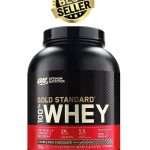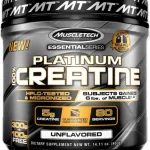- Introduction
- The Importance of Intercellular Hydration
- Overview of Vitamin D, Vitamin K2, Magnesium, and Zinc
- Vitamin D: The Sunshine Vitamin
- What is Vitamin D?
- How Vitamin D Supports Cellular Health
- The Link Between Vitamin D and Hydration
- Sources of Vitamin D
- Recommended Daily Intake
- Vitamin K2: The Unsung Hero
- What is Vitamin K2?
- Synergy Between Vitamin D and Vitamin K2
- Vitamin K2’s Role in Cellular Hydration
- Sources of Vitamin K2
- Recommended Daily Intake
- Magnesium: The Master Mineral
- What is Magnesium?
- Magnesium’s Role in Cellular Function and Hydration
- The Interplay Between Magnesium and Vitamin D
- Sources of Magnesium
- Recommended Daily Intake
- Zinc: The Immune Booster
- What is Zinc?
- Zinc’s Contribution to Cellular Health and Hydration
- The Relationship Between Zinc and Vitamin D
- Sources of Zinc
- Recommended Daily Intake
- The Synergistic Effect of Vitamin D, Vitamin K2, Magnesium, and Zinc
- How These Nutrients Work Together
- The Impact on Intercellular Hydration
- Scientific Studies Supporting Their Combined Benefits
- Practical Tips for Optimizing Nutrient Levels
- Dietary Recommendations
- Supplementation Guidelines
- Lifestyle Changes for Better Absorption
- Conclusion
- Recap of Key Points
- Final Thoughts on Intercellular Hydration and Nutrient Synergy
- FAQs
1. Introduction: Intercellular hydration
- The Importance of Intercellular Hydration
Intercellular hydration refers to the balance of water and electrolytes within and around cells. Proper hydration is crucial for maintaining cellular function, nutrient transport, and overall health. Without adequate hydration, cells cannot perform their essential functions, leading to a cascade of health issues.
- Overview of Vitamin D, Vitamin K2, Magnesium, and Zinc
Vitamin D, Vitamin K2, Magnesium, and Zinc are essential nutrients that play a significant role in maintaining intercellular hydration. Each of these nutrients has unique functions, but they also work synergistically to support cellular health. In this blog post, we will explore the importance of each nutrient and how they contribute to intercellular hydration.
2. Vitamin D: The Sunshine Vitamin
- What is Vitamin D?
Vitamin D is a fat-soluble vitamin that is crucial for bone health, immune function, and cellular processes. It is unique because it can be synthesized by the body through sunlight exposure.
- How Vitamin D Supports Cellular Health
Vitamin D plays a vital role in calcium absorption, which is essential for maintaining strong bones and teeth. It also supports immune function and has anti-inflammatory properties. Moreover, Vitamin D is involved in the regulation of cell growth and differentiation, making it crucial for cellular health.
- The Link Between Vitamin D and Hydration
Vitamin D helps regulate the balance of calcium and phosphorus in the body, which are essential for maintaining proper hydration levels. It also supports the function of the parathyroid gland, which regulates fluid balance.
- Sources of Vitamin D
The primary source of Vitamin D is sunlight. However, it can also be obtained from foods such as fatty fish, fortified dairy products, and supplements.
- Recommended Daily Intake
The recommended daily intake of Vitamin D varies by age, sex, and life stage. Generally, adults need about 600-800 IU per day, but this can vary based on individual health conditions and sunlight exposure.
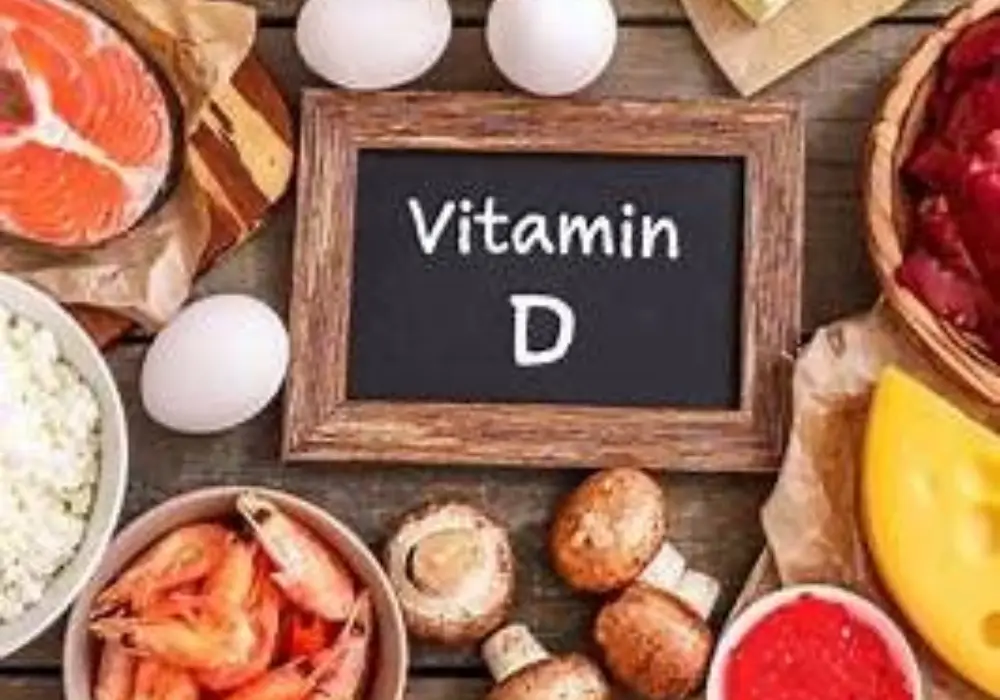
3. Vitamin K2: The Unsung Hero
- What is Vitamin K2?
Vitamin K2 is a lesser-known but equally important nutrient that plays a crucial role in bone and cardiovascular health. It is involved in the activation of proteins that regulate calcium deposition in bones and arteries.
- Synergy Between Vitamin D and Vitamin K2
Vitamin D and Vitamin K2 work together to ensure that calcium is properly utilized in the body. While Vitamin D promotes calcium absorption, Vitamin K2 directs calcium to the bones and teeth, preventing it from accumulating in soft tissues.
- Vitamin K2’s Role in Cellular Hydration
Vitamin K2 supports cellular hydration by ensuring that calcium is properly distributed in the body. This helps maintain the balance of electrolytes, which is essential for proper hydration.
- Sources of Vitamin K2
Vitamin K2 is found in fermented foods, such as natto, cheese, and sauerkraut. It can also be obtained from animal products like liver and egg yolks.
- Recommended Daily Intake
The recommended daily intake of Vitamin K2 is not well-established, but a general guideline is around 90-120 mcg per day for adults.
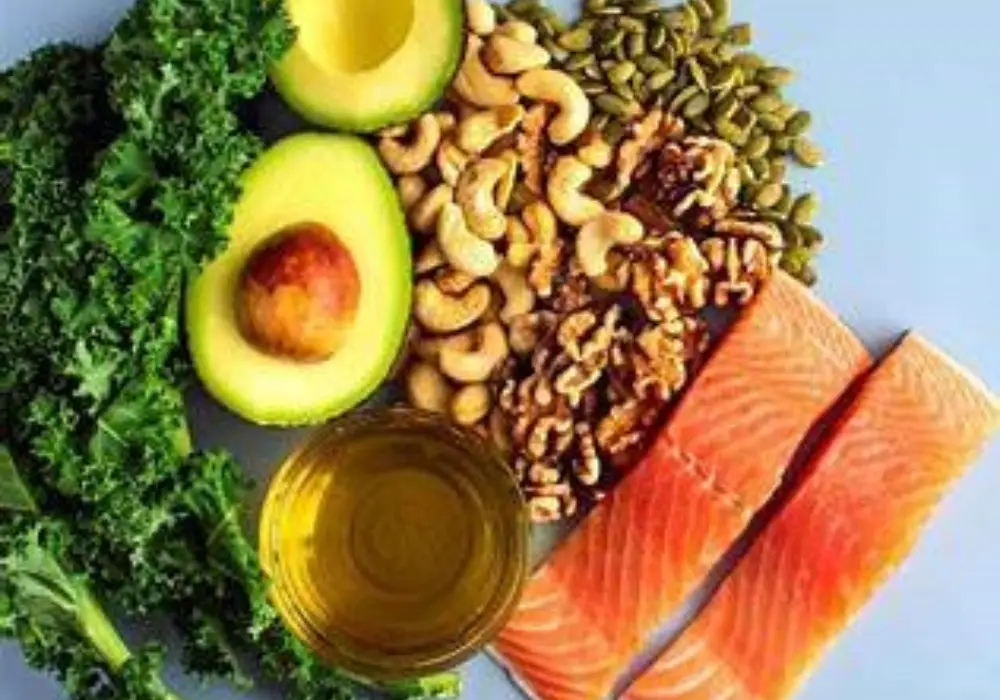
4. Magnesium: The Master Mineral
- What is Magnesium?
Magnesium is an essential mineral involved in over 300 biochemical reactions in the body. It is crucial for muscle function, nerve function, and energy production.
- Magnesium’s Role in Cellular Function and Hydration
Magnesium plays a key role in maintaining cellular hydration by regulating the balance of electrolytes. It is also involved in the activation of Vitamin D, making it essential for the proper utilization of this vitamin.
- The Interplay Between Magnesium and Vitamin D
Magnesium is required for the conversion of Vitamin D into its active form. Without adequate magnesium, Vitamin D cannot perform its functions effectively, leading to potential deficiencies.
- Sources of Magnesium
Magnesium is found in a variety of foods, including leafy green vegetables, nuts, seeds, and whole grains. It can also be obtained from supplements.
- Recommended Daily Intake
The recommended daily intake of magnesium is around 400-420 mg for men and 310-320 mg for women.
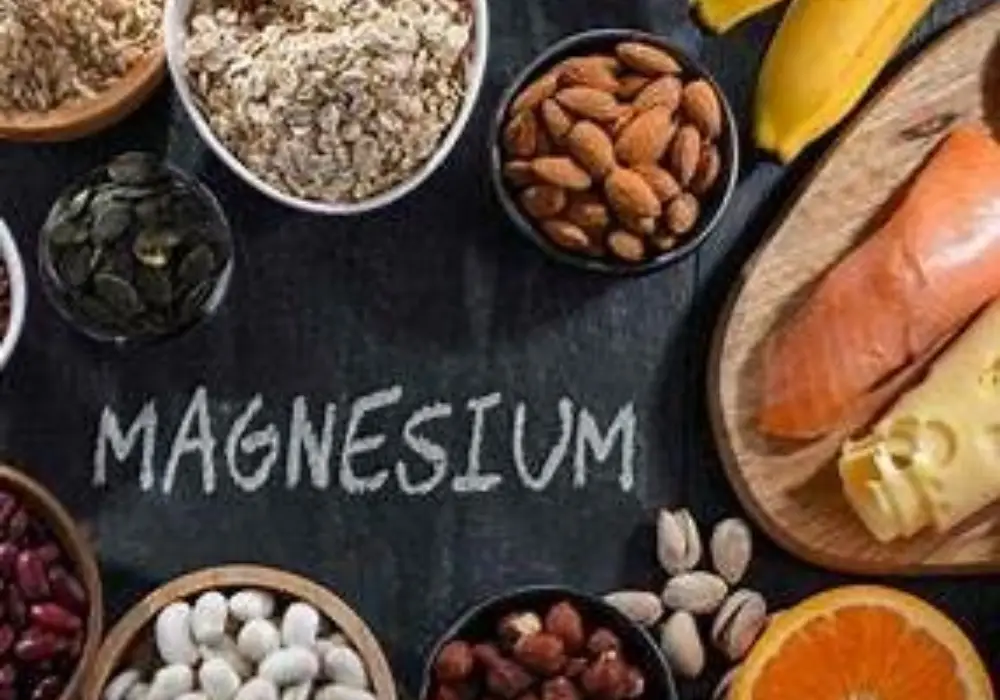
5. Zinc: The Immune Booster
- What is Zinc?
Zinc is an essential trace mineral that is crucial for immune function, wound healing, and DNA synthesis. It also plays a role in cellular division and growth.
- Zinc’s Contribution to Cellular Health and Hydration
Zinc is involved in the regulation of fluid balance and electrolyte levels, making it essential for maintaining proper hydration. It also supports the function of enzymes that are involved in cellular processes.
- The Relationship Between Zinc and Vitamin D
Zinc and Vitamin D work together to support immune function and cellular health. Zinc is required for the proper functioning of Vitamin D receptors, which are essential for the vitamin’s actions in the body.
- Sources of Zinc
Zinc is found in a variety of foods, including meat, shellfish, legumes, seeds, and nuts. It can also be obtained from supplements.
- Recommended Daily Intake
The recommended daily intake of zinc is around 11 mg for men and 8 mg for women.
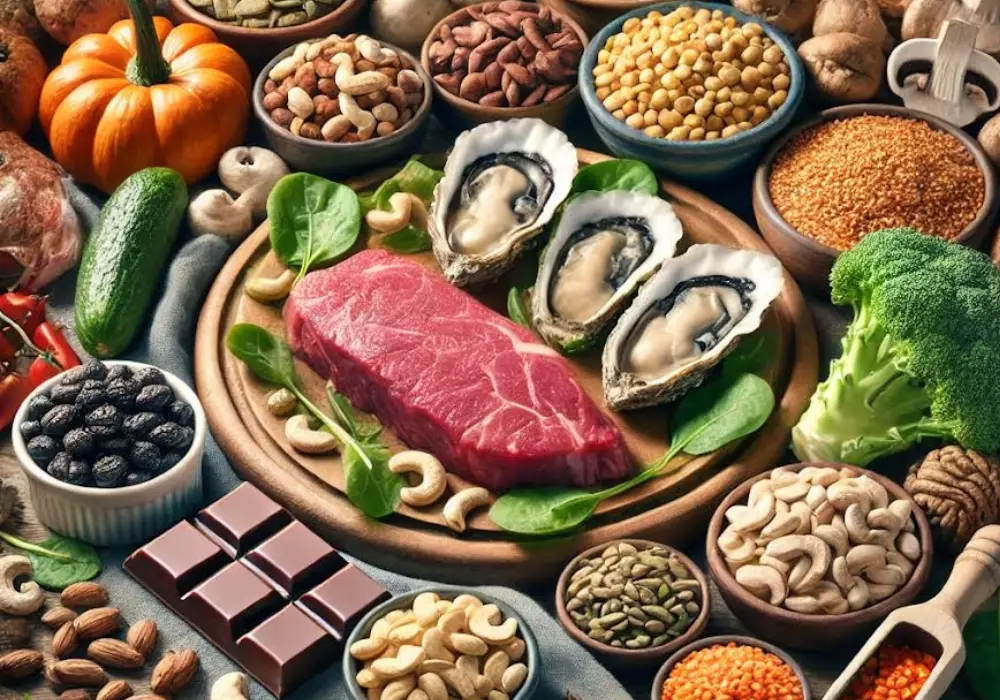
6. The Synergistic Effect of Vitamin D, Vitamin K2, Magnesium, and Zinc
- How These Nutrients Work Together
Vitamin D, Vitamin K2, Magnesium, and Zinc work together to support overall health and cellular hydration. Each nutrient has unique functions, but they also have overlapping roles that enhance each other’s effectiveness.
- The Impact on Intercellular Hydration
These nutrients help maintain the balance of electrolytes and fluids within and around cells, ensuring proper cellular function and hydration. They also support the health of cell membranes, which are essential for maintaining hydration levels.
- Scientific Studies Supporting Their Combined Benefits
Several studies have shown that these nutrients work synergistically to support bone health, immune function, and cellular hydration. For example, a study published in the Journal of Steroid Biochemistry and Molecular Biology found that Vitamin D and Magnesium work together to support bone health and cellular function.
7. Practical Tips for Optimizing Nutrient Levels
- Dietary Recommendations
To ensure adequate intake of these nutrients, it is important to consume a balanced diet that includes a variety of foods. Focus on foods rich in Vitamin D, Vitamin K2, Magnesium, and Zinc, such as fatty fish, leafy greens, nuts, seeds, and whole grains.
- Supplementation Guidelines
If you are unable to get enough of these nutrients from your diet, consider taking supplements. However, it is important to consult with a healthcare professional before starting any supplementation regimen.
- Lifestyle Changes for Better Absorption
To enhance the absorption of these nutrients, consider making lifestyle changes such as increasing sunlight exposure, reducing stress, and avoiding excessive alcohol consumption.
8. Conclusion
- Recap of Key Points
In this blog post, we have explored the importance of Vitamin D, Vitamin K2, Magnesium, and Zinc in maintaining intercellular hydration and overall health. These nutrients work together to support cellular function, hydration, and overall well-being.
- Final Thoughts on Intercellular Hydration and Nutrient Synergy
Maintaining proper intercellular hydration is essential for overall health, and these nutrients play a crucial role in achieving this balance. By ensuring adequate intake of Vitamin D, Vitamin K2, Magnesium, and Zinc, you can support your cellular health and overall well-being.
6. FAQs: Common Questions
- Can I get enough Vitamin D from sunlight alone?
- While sunlight is a primary source of Vitamin D, factors such as skin tone, geographic location, and sunscreen use can affect synthesis. Dietary sources and supplements may be necessary.
- What are the signs of Magnesium deficiency?
- Symptoms include muscle cramps, fatigue, and irregular heartbeat. A blood test can confirm deficiency.
- How do I know if I need Zinc supplements?
- Signs of Zinc deficiency include frequent infections, slow wound healing, and loss of taste or smell. Consult a healthcare provider for testing.
- Can I take Vitamin D and Vitamin K2 together?
- Yes, they work synergistically. Vitamin D enhances calcium absorption, while Vitamin K2 directs calcium to the bones.
- What foods are rich in Vitamin K2?
- Fermented foods like natto, cheese, and sauerkraut are excellent sources.
Latest Articles
Popular Reviews
July 3, 2023
AmRelieve Knee support
January 15, 2025
The Role of Whey Protein for Fitness
May 31, 2023
Elastic rubber band exercise
June 6, 2023
Essential Platinum Creatine
August 6, 2023
How can we help you?
We are your one-stop-shop for all things sports, nutrition and stress management. Our team of experts provides you with the latest reviews on sports equipment, nutrition facts and stress management advice. We also provide ratings to help you make informed decisions on what to buy. Stay ahead of the game with our blog website! Join our community today and get access to exclusive content and deals.
Most used tags
#Adaptogens #ModernNutrition #HolisticHealth #StressRelief #HealthyLiving #BrainHealth #CognitiveFunction #EnduranceTraining • #ExerciseForMentalHealth #ExercisePsychology #FitnessChallenge #FunctionalFitness • #HyroxRace • #MentalFitness #MentalHealth #ExerciseBenefits #MindBodyConnection #StressRelief #FocusThroughFitness #EmotionalWellBeing #HealthyLiving #FitnessMotivation #MentalHealthAndExercise #MentalWellness #Mood-boosting winter workouts #PhysicalActivity #WellnessJourney #Winter workout motivation ACLInjury ACLSurgery Blood pressure Cardiovascular exercise ChiaPudding Exercise fitness Gains healing healthy HealthyEating HealthyRecipes HyroxFitness • injury Mental Health in Motion muscle gain NutrientPackedMeals Prevention Resistance training Sport SportsInjuryTreatment Stretching and Cooling Down Supplements therapy Top Wearable Fitness Technology Trends Shaping 2024 training weight loss wellbeing Workout Routine
If you enjoyed this blog post and want to learn more, visit our website for a wealth of tips, tricks, and resources on healthy living. Subscribe to our newsletter to stay updated with the latest insights on health, fitness, nutrition, and wellness, delivered straight to your inbox.
Don’t forget to share this blog with your friends and family they might find these topics just as helpful and inspiring!.
Thank you for reading!




